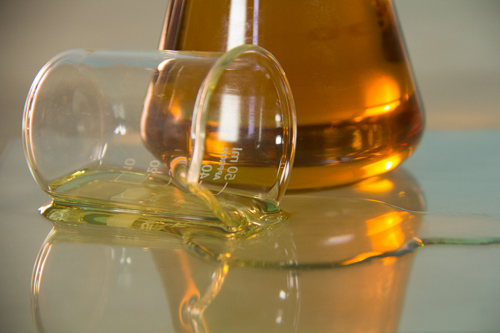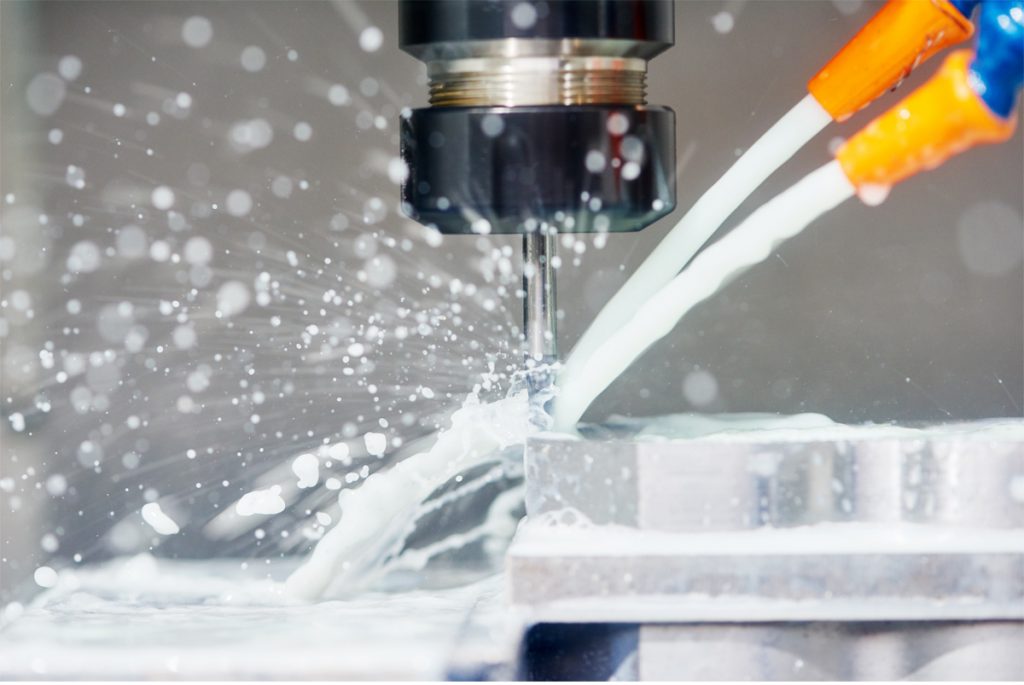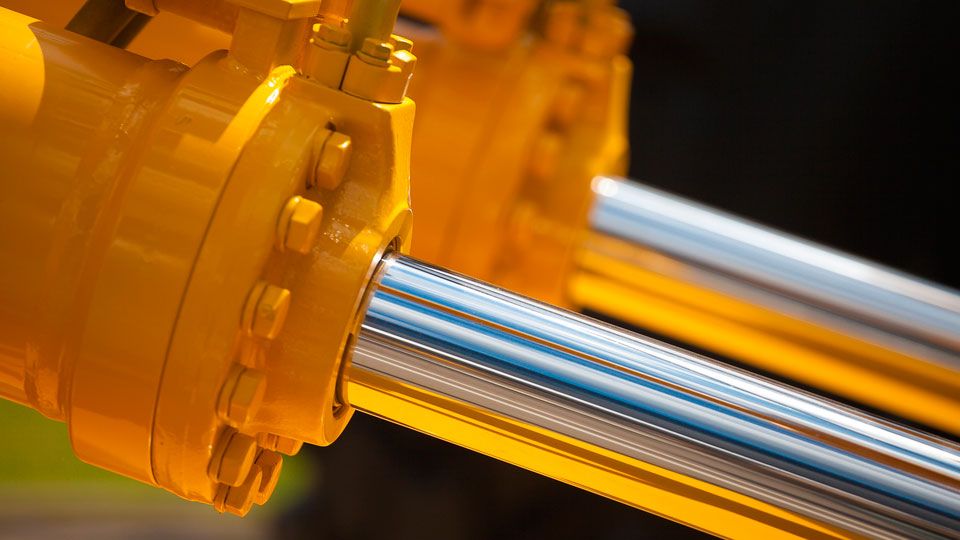
18 May Which Hydraulic Oil Should I Use?
There are many options when selecting lubricants for machines. It is important to know the specific type of lubricant for your machine, as most lubricant misspecification shortens the average life of the lubricated components and goes unnoticed. With hydraulic oil, there are two primary things that we should look at, and it’s the viscosity grade and the hydraulic oil type.
These specifications are typically determined by the type of hydraulic pump employed in the system, the operating temperature, and the system’s operating pressure.

Hydraulic fluid has many roles in the smooth operation of a well-balanced design system. This ranges from the heat transfer medium, a power transfer medium, and a lubrication medium. The chemical makeup of a hydraulic fluid can take many forms when selecting it for applications. It can range from full-synthetic to water-based fluids.
Synthetic fluid is a man-made chain of molecules that are precisely arranged to provide excellent fluid stability, lubricity, and other performance-enhancing characteristics. These fluids are great choices where high or low temperatures are present and high temperatures are required.
Petroleum fluid on the other hand is the most common fluid and is made from refining crude to a desired level to achieve better lubricant performance with the inclusion of additives, which ranges from anti-wear, rust, and oxidation inhibitors. These fluids offer a lower-cost alternative and can be very comparable in performance when certain additive packages are included. They are more expensive than petroleum, but less expensive than synthetics because they offer good protection for fire.
Factors to consider in choosing Hydraulic Oil
Multigrade or Monograde
Viscosity is the single most important factor when selecting a hydraulic fluid. Sometimes, it does not matter how good the other properties of the oil are. If the viscosity is not correctly matched with the operating temperature of the hydraulic system, it could minimize the component life.

Detergent or No Detergent
DIN 51524; HLP fluids are a class of anti-wear hydraulic fluids that contain detersive and dispersive additives. Detergent oils have the ability to emulsify water and disperse, and suspend other contaminants such as varnish and sludge. This keeps the components free from deposits, but if the contaminants are not triggered out, they must be filtered.
Anti-wear or R&O
The purpose of anti-wear additives is to maintain lubrication under boundary conditions. Zinc dialkyl dithiophosphate (ZnDTP) is the most common anti-wear additive used in engine and hydraulic oil. The presence of ZnDTP in the oil is usually not positive since it can break down chemically and reduce filterability.
It is important to discuss the application with a technical specialist from your supplier and the manufacturer of the equipment before switching to a different type of oil. Remember that using the wrong type of fluid can be a COSTLY mistake.
Check out our hydraulic oil offers and you might find just what you need! Contact us today and we can help you with your hydraulic oil needs!
